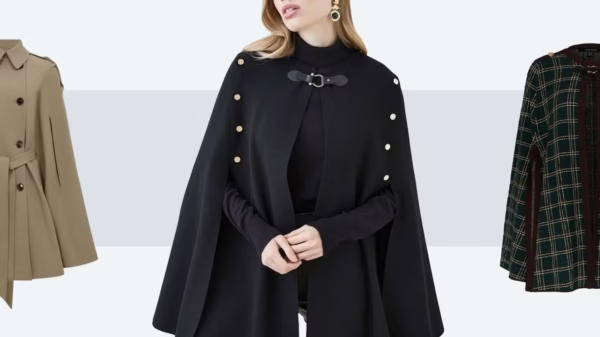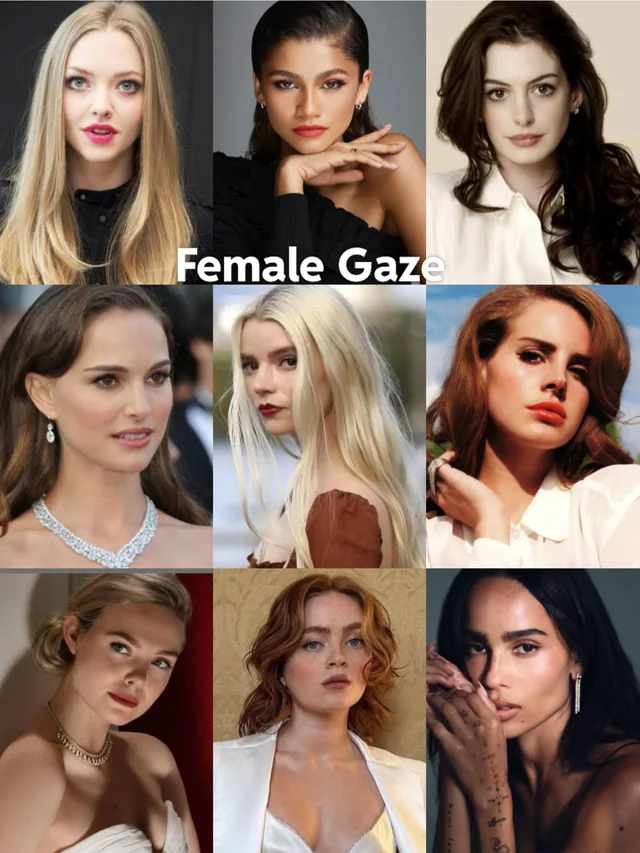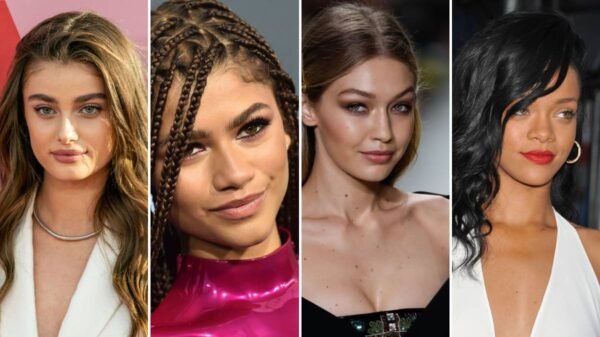Breaking Taboos Around Middle-Aged Women
Despite significant strides in increasing visibility and representation of middle-aged women in various domains, societal attitudes towards their sexuality remain entrenched in ageist stereotypes. Despite increased research and advocacy on menopause and expanding roles for older women in media, there persists a taboo surrounding the idea of older women engaging in sexual activity, particularly with younger partners.
Challenging Societal Norms
The reluctance to acknowledge and accept the sexual agency of middle-aged women reflects a broader societal discomfort with aging and sexuality. While progress has been made in promoting positive representations of older women in media, there remains a pervasive stigma attached to the idea of older women pursuing romantic or sexual relationships, especially with younger men.
Media Portrayals and Cultural Attitudes
Popular culture often reinforces and perpetuates ageist and sexist narratives that undermine the validity of older women’s desires and experiences. Despite the growing recognition of the diversity and complexity of women’s lives, mainstream media continues to adhere to narrow and limiting portrayals of middle-aged women, reinforcing harmful stereotypes and contributing to societal misconceptions.
The Impact of Double Standards
An enduring double standard exists regarding the sexual behavior of older women compared to older men. While older men are often celebrated and admired for their virility and sexual prowess, older women are subjected to judgment and scrutiny when expressing similar desires or engaging in romantic relationships with younger partners. This disparity highlights deeply ingrained societal biases and inequalities.
The Role of Literature and Film
Works of fiction, such as the novel “The Idea of You” by Robinne Lee and its film adaptation, confront and challenge prevailing societal norms regarding middle-aged women’s sexuality. Through nuanced storytelling and compelling characters, these narratives offer a glimpse into the complexities of desire, intimacy, and relationships for women beyond their twenties, challenging stereotypes and promoting empathy and understanding.
Empowering Women’s Voices
Quotes like “People hate happy women,” uttered by characters like Tracy in “The Idea of You,” serve as poignant reminders of the societal resistance to women asserting their happiness and agency, particularly in matters of sexuality. By amplifying the voices and experiences of middle-aged women, literature and film play a crucial role in empowering women to reclaim their narratives and challenge cultural taboos.
The Need for Cultural Shifts
Addressing the taboo surrounding middle-aged women’s sexuality requires broader cultural shifts that prioritize inclusivity, diversity, and respect for women of all ages. This entails dismantling ageist and sexist attitudes, promoting positive representations of women’s sexuality in media and literature, and fostering open and honest conversations about desire, intimacy, and aging.
Promoting Understanding and Acceptance
As society continues to grapple with outdated stereotypes and prejudices, there is a growing need for empathy, understanding, and acceptance of women’s diverse experiences and desires. By acknowledging and validating the sexual agency of middle-aged women, we can create a more inclusive and equitable society that celebrates women of all ages and empowers them to embrace their sexuality without shame or judgment.



































